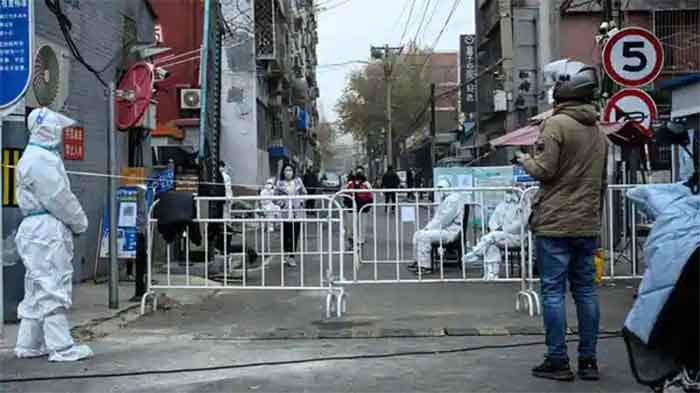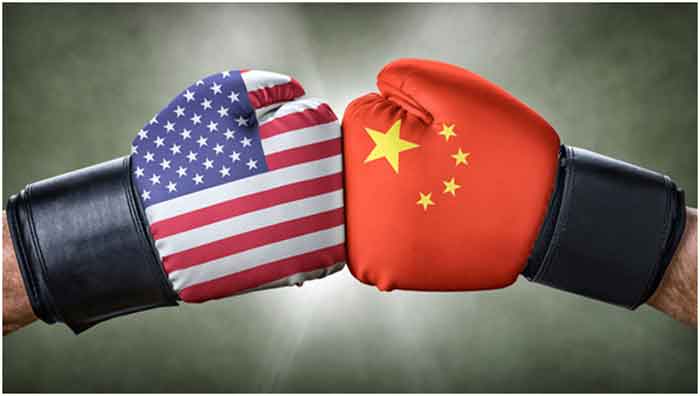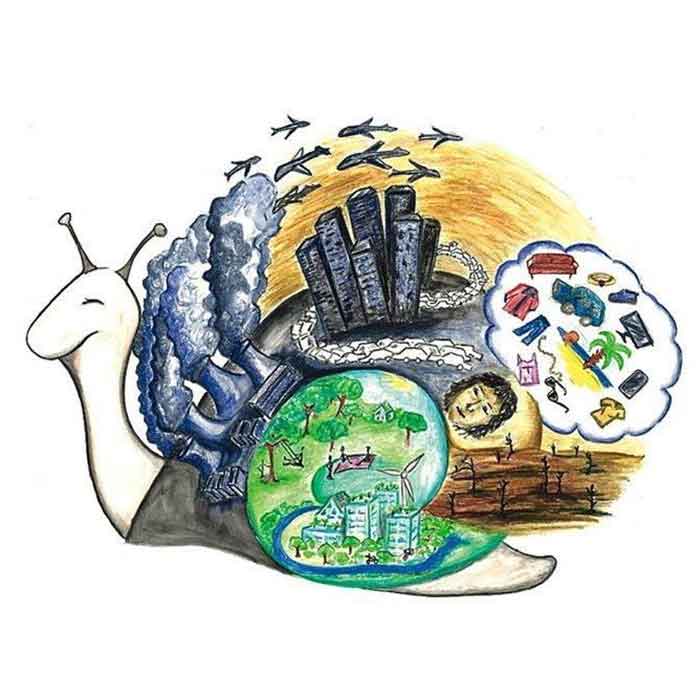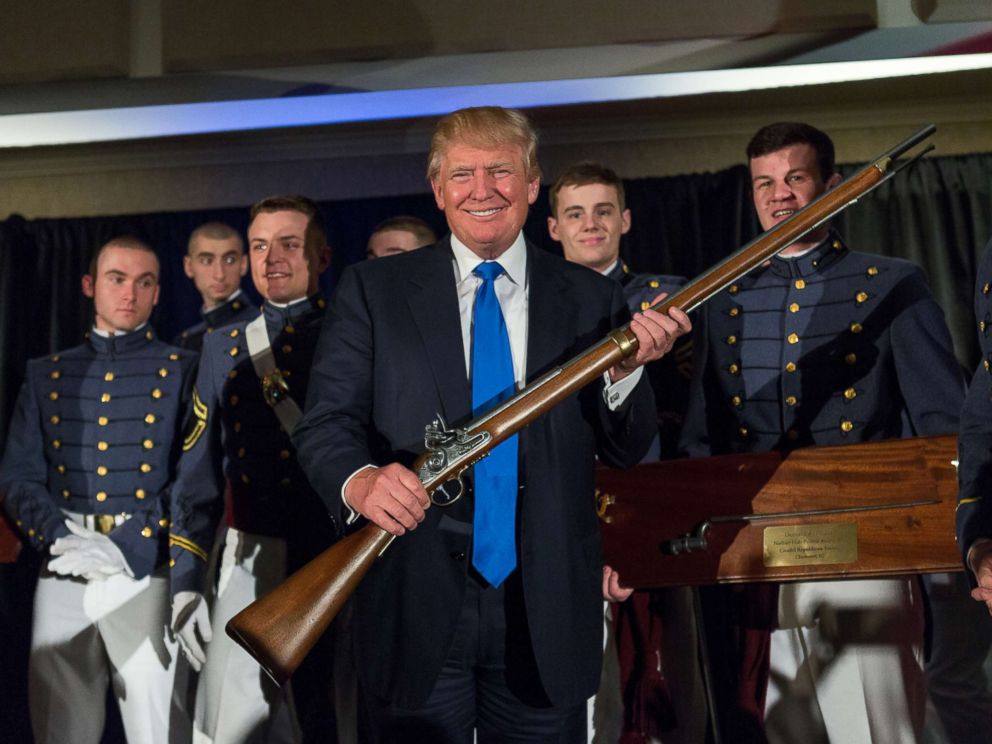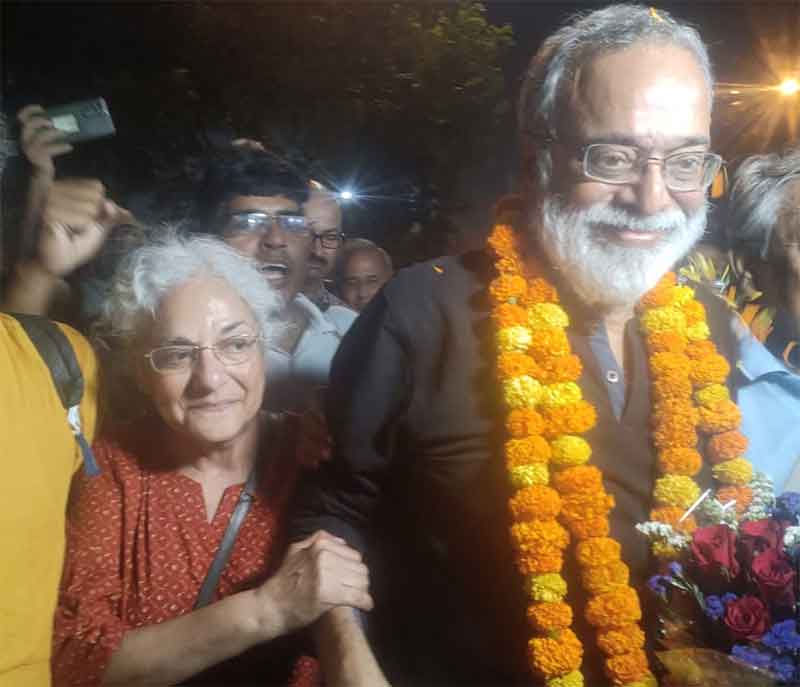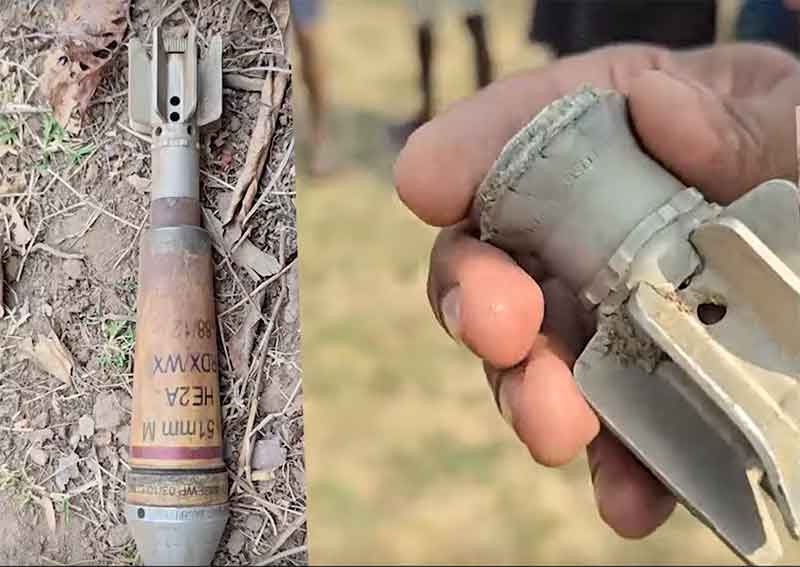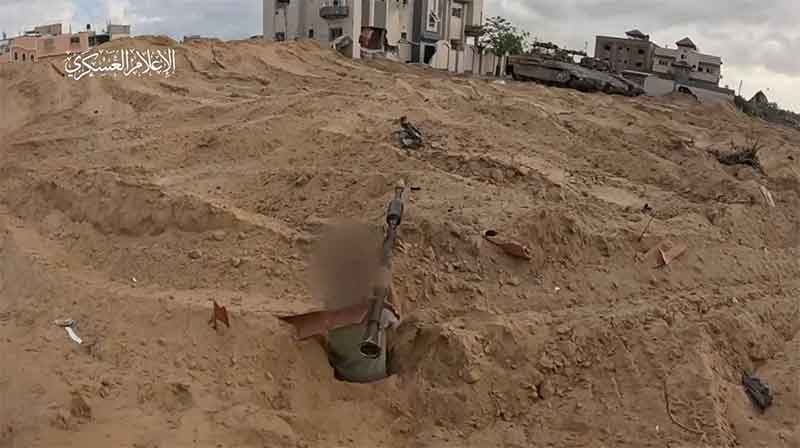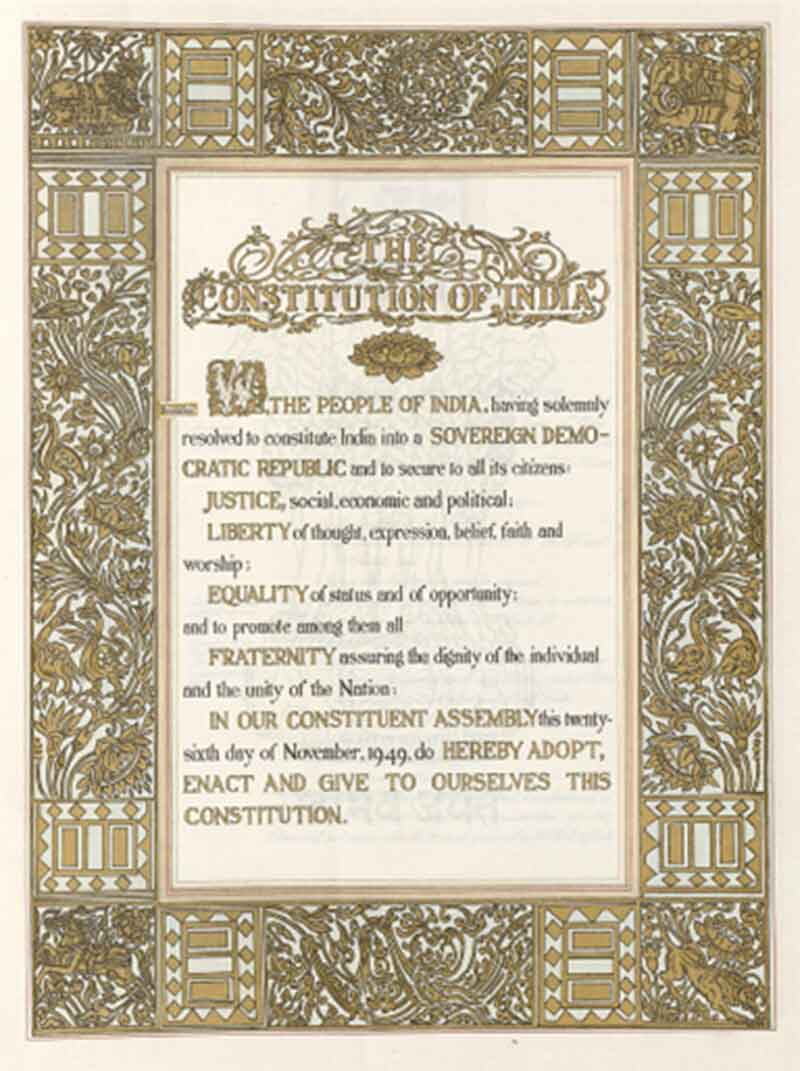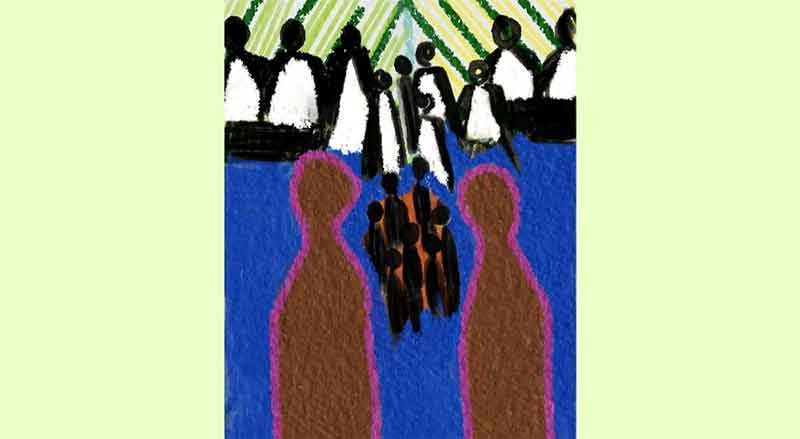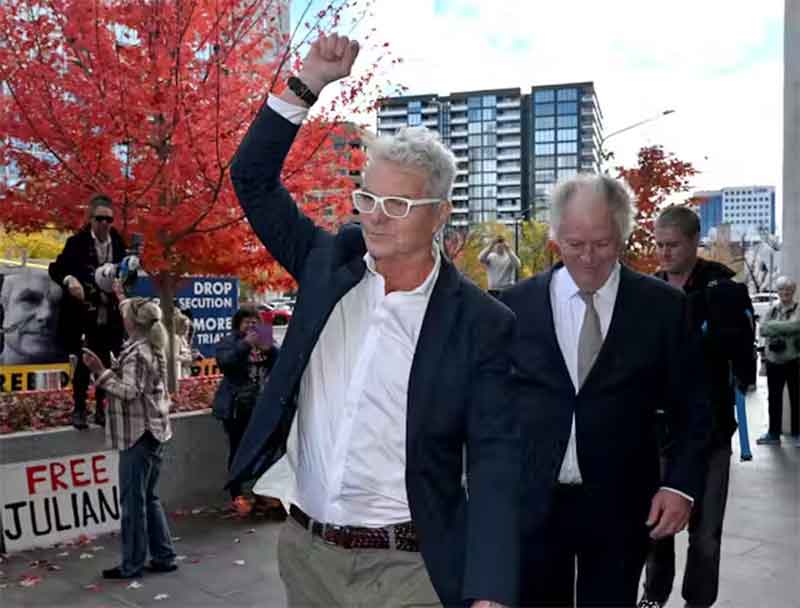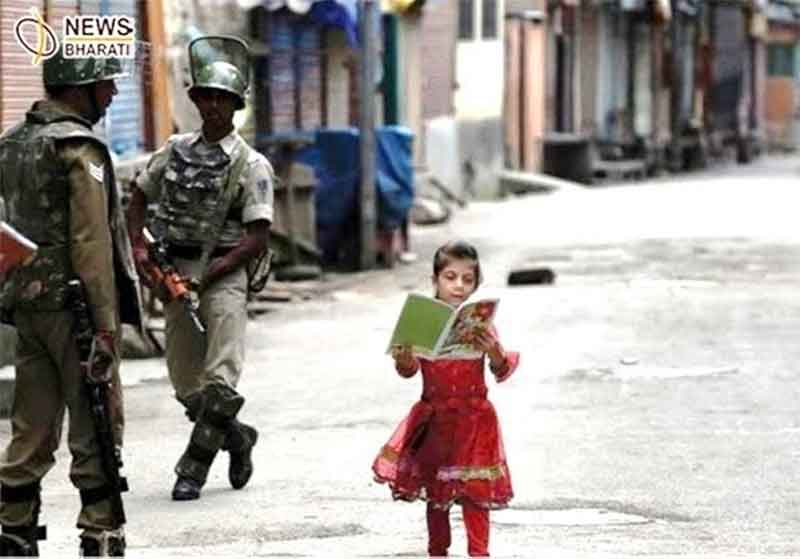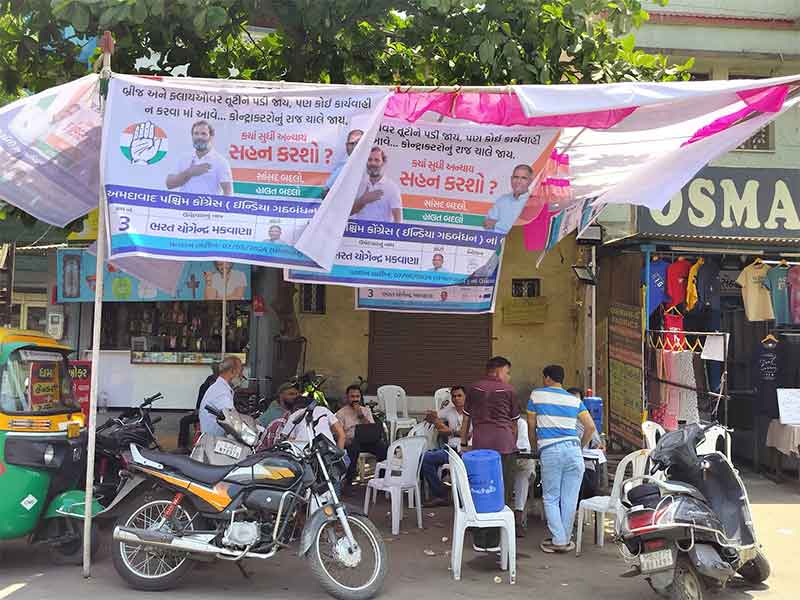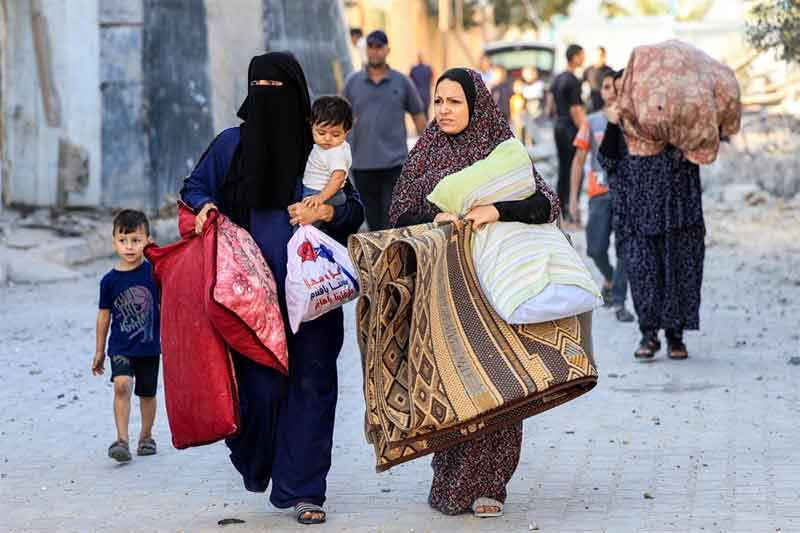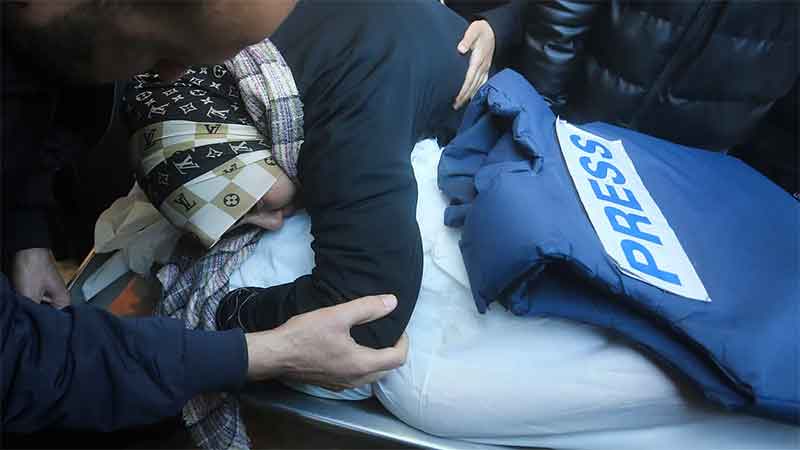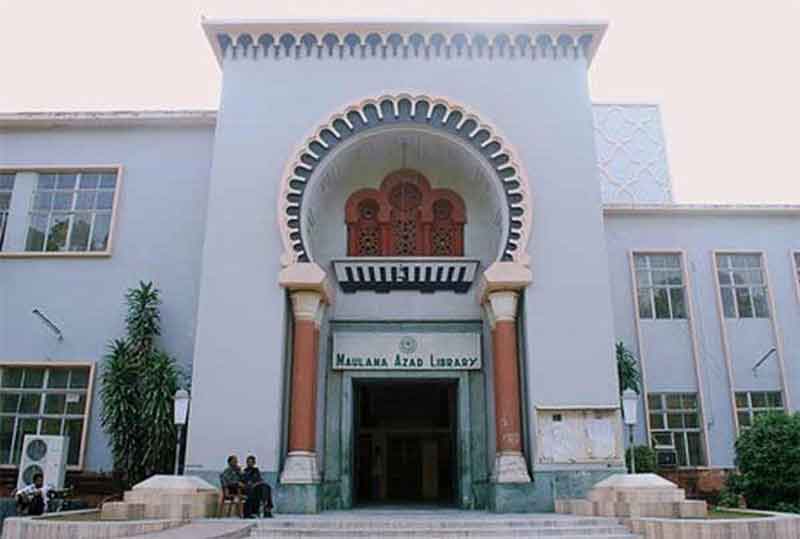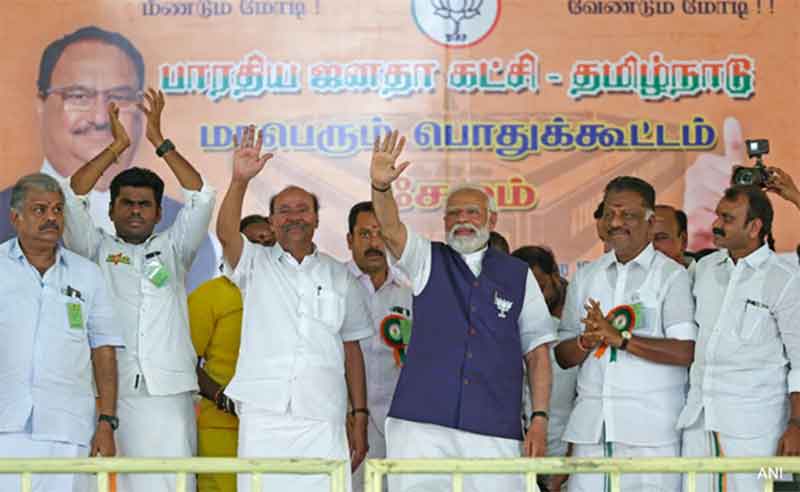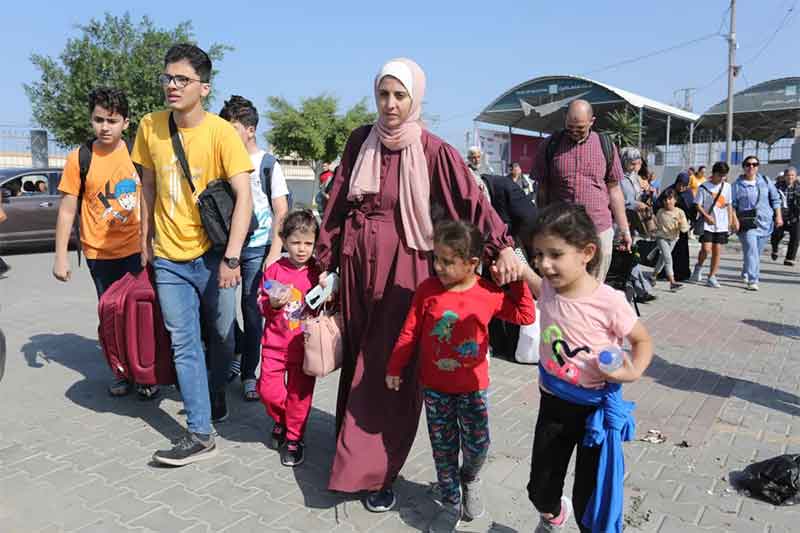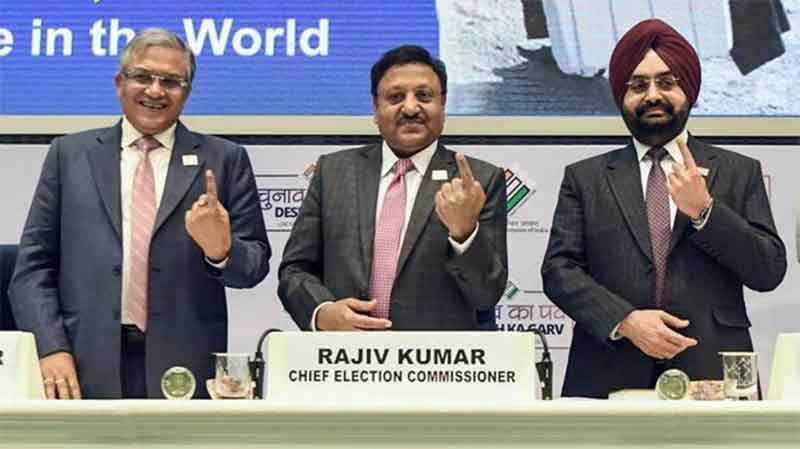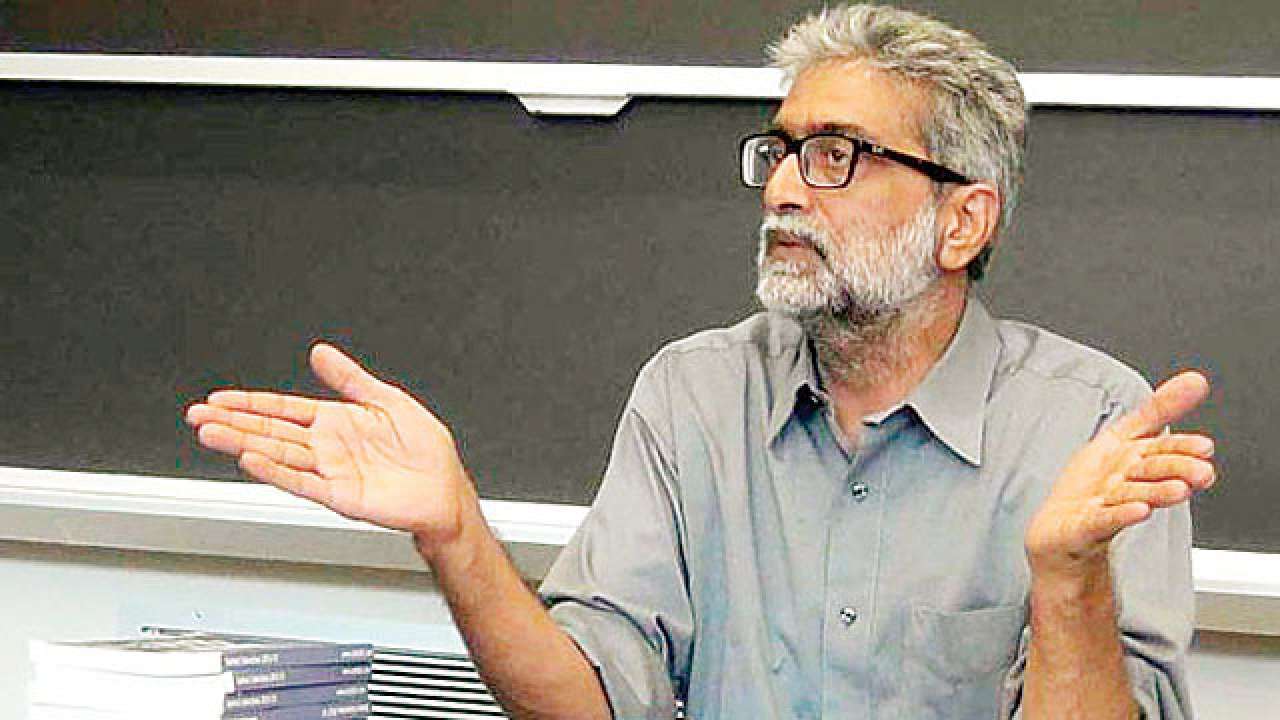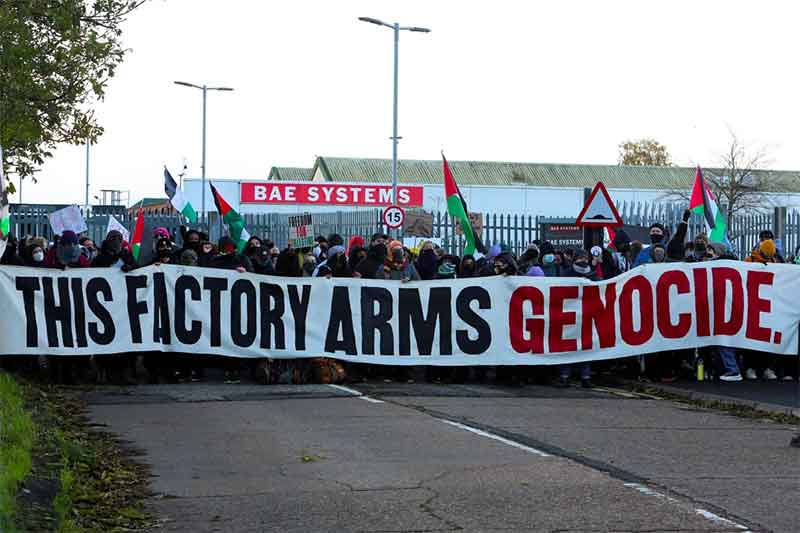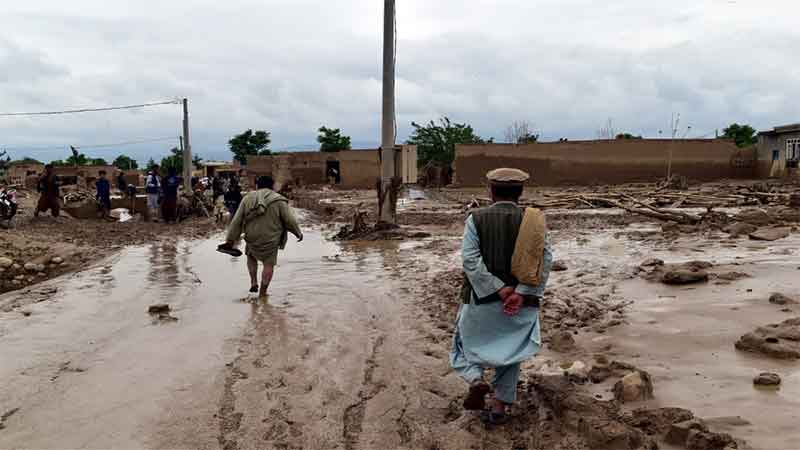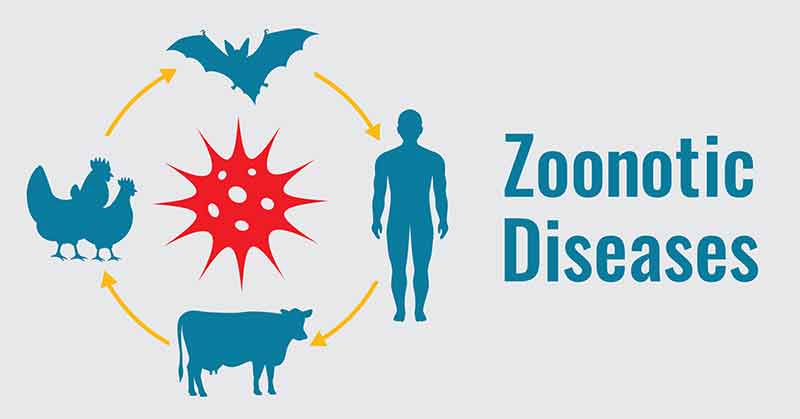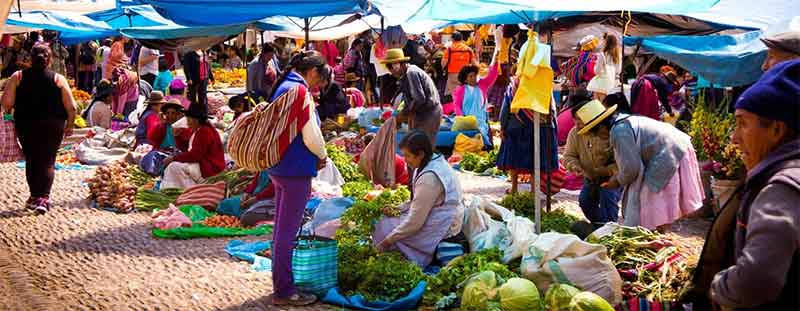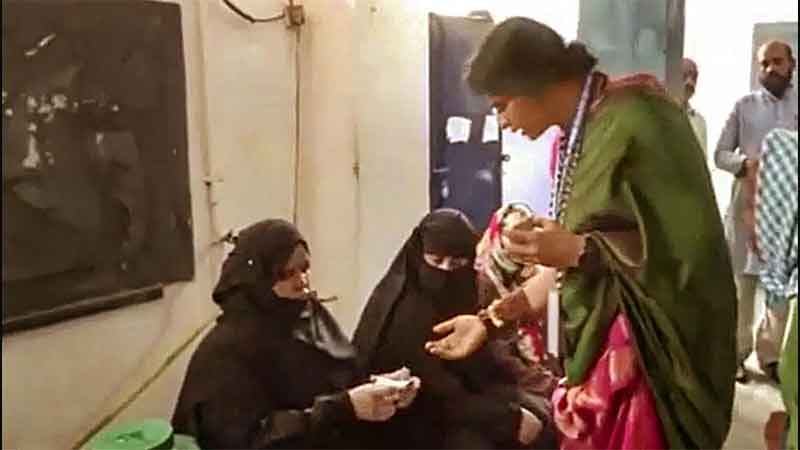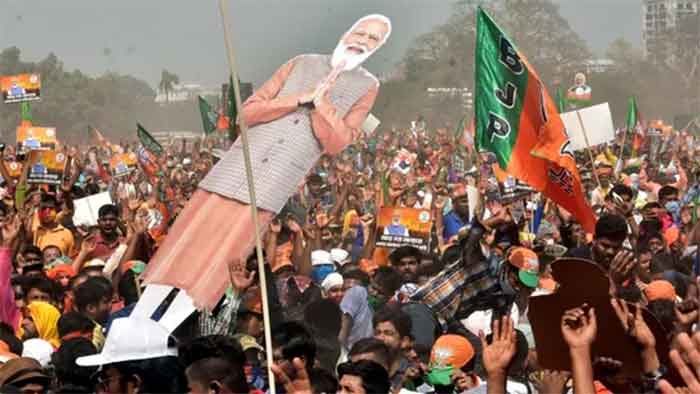
While triumphantly launching the roll out of India-made vaccines on January 16, 2019, with a view to drive home his point of helping others selflessly, the Prime Minister quoted the following words of Gurajada Apparao, the eminent Telugu writer.
“Sontha labham kontha manuko, porugu vadiki thodu padavoy. Desamante matti kadoyi, desamante manushuloy”
The above verse, which was written more than a century ago, translates into English as follows.
“Forego your self- interest to some extent and help neighbours. Nation does not mean just mud and soil, but people”
To what extent have our political leaders set aside their own self-interest to promote the welfare of the people, especially at a time when the country is facing a grave Covid crisis?
Saving lives and livelihoods:
The latest Economic Survey for 2020-21 (ES2021) presented to the Parliament on January, 29, 2021, a few days after the vaccine roll out, has a separate chapter, “Saving Lives and Livelihoods Amidst a Once-in-a-Century Crisis”. It starts with a profound quote from Shanti Parva of Mahabharat which said, “saving a life that is in jeopardy is the origin of dharma”. Are not the people’s lives in jeopardy today? Has the Centre made a sincere attempt to fulfil the dharma described above, especially at a time when the second wave of Covid is shaking the conscience of the nation? Could not the government have anticipated the second wave of Covid and mitigated its impact?
These are the questions that need to be discussed and debated widely in order to understand the shortcomings in planning the Covid campaign and the ways to correct our future responses. One cannot rule out more than two waves of Covid in the coming months and it is imperative that the country remains well prepared to face them.
Could the government have anticipated the second wave?
The way the Spanish Flu progressed across the world during 1918-19 (https://www.cdc.gov/flu/pandemic-resources/1918-commemoration/three-waves.htm) and the more recent experience with the Covid waves that swept across USA and Europe one after the other should have alerted India of the possibility of a second wave affecting the population, possibly with greater fury and ferocity. The Indian virologists, who can compete with the best in the world, were fully aware of this possibility. Had the government listened to their advice, it would have anticipated the second wave well in advance, planned for it prudently and preempted many deaths. The rulers in Delhi thought that they had “conquered” the virus as soon as the second wave started abating and indulged in self-congratulation, which led to undue complacency. As a result, they lowered their guard prematurely, to let the country down and allow many lives to be lost.
The first wave of Covid was sufficiently virulent to put to test every healthcare facility in the country, ranging from ambulances, hospital beds, services of medical personnel, ICU facilities, oxygen supplies, Covid test kits and so on. The government ought to have woken up to this reality and taken advantage of the relief available after the abatement of the first wave to increase its spending on healthcare during the second half of 2020, enlarged the hospital facilities on a war footing and upgraded them for meeting any eventuality. Sadly, the government failed to respond.
To fail to respond to a crisis is unfortunate. But, deliberately adding fuel to fire in a crisis is unpardonable. That is what exactly those in authority at the Centre and in the States did during the last few months. Their misdeeds exposed the people to unimaginable misery.
Man-made Covid super-spreaders:
Senior political leaders, including the Prime Minister and the Home Minister, as well as several Chief Ministers and others who matter, organised massive election rallies one after the other in W.Bengal and the other poll bound States, deliberately created opportunities for the people to gather in large numbers and violate the Covid norms, knowing well that the spread of Covid would invariably lead to many deaths. The Uttarakhand Chief Minister joined this bandwagon and consciously permitted the Kumbh Mela to take place, where lakhs and lakhs of devotees, crowding the river bank, took daily dips in River Ganga for one long month, violating every conceivable
Covid norm. Many who attended the Kumbh Mela have got infected with Covid and they travelled to the other States, spreading the infection far and wide. As if this was not enough, the Centre also allowed BCCI to conduct the IPL cricket matches which not only became hubs of Covid transmission but which forced the local authorities to divert ambulances, security personnel etc. from essential Covid services.
Meanwhile, despite the Covid fury during 2020, the Centre steamrolled three farm bills through the legislature without any worthwhile debate, which evoked widespread protests from the farming community all over the country. Having made it a fait accompli for the farmers, the Centre chose to adopt an adamant stance, forcing large groups of helpless farmers to gather in protest on the outskirts of Delhi, exposing them badly to the virus.
The common thread running through this series of events is not any anxiety on the part of the political leadership to promote people’s welfare but an urge to further their own self-interest. The country is paying heavily for the sins committed by the politicians.
Vaccine Maitri vis-a-vis people’s welfare:
When the first wave of Covid started abating, vaccine manufacturers all over the world, including those in India, had already been making efforts to develop vaccines to combat the virus. We knew in advance that we should vaccinate more than a billion people in our country, in the quickest possible time. The investments made by the previous governments in science and technology have stood us in good stead, enabling us to build a sizeable indigenous capacity for vaccine production. Over the last several decades, India has been exporting vaccines to the rest of the world for several critical diseases. In the wake of the Covid crisis, one would have expected the government to assess quickly the available vaccine production capacity in the country, ramp it up to maximise production of Covid vaccines, so as to restrict dependence on imports to the minimum necessary. Overtaken by an undue sense of complacency, the government, apparently without undertaking any such exercise, embarked on an ambitious “Vaccine Maitri” scheme, exported 63 million doses of precious India- made Covid vaccines to ninety five countries (https://mea.gov.in/vaccine-supply.htm), ignoring the emerging domestic demand. As a result, the country has plunged into a serious vaccine crisis today, which has led to deferring vaccination for millions of 18+ youth till June or even beyond and forcing the senior citizens and those with comorbidity to stand in endlessly long queues for the second dose of the vaccine, which they ought to get as a matter of right.
Brazil has no vaccine production of its own but it has prudently planned its imports, including 4 million doses from India and has been able to vaccinate more than 13% of its population already, whereas India which has a significant domestic capacity could so far vaccinate only 9-10% of its population (https://ourworldindata.org/). Charity should have begun at home! Timely vaccination in India could have kept its mortality rates low.
Instead of stocking for domestic use, essential items like ventilators, oxygen, oxygen therapy units etc., a complacent government allowed those items to be exported last year. Today, we are facing shortages in each of those items, as a result of which precious lives are being lost.
Vaccine development effort:
As the Covid virus gets transmitted, like any other virus, it mutates into several variants on a continuing basis. Some mutants are more virulent than the others. The efficacies of different vaccines differ from mutant to mutant. To enhance the effectiveness of the vaccines in combating the virus, the new mutants need to be investigated through “genome sequencing” and its characteristics factored into vaccine making so that the vaccines at any point of time continue to be effective for the new mutants. There are several outstanding scientific laboratories in India which are engaged in this work. They need financial support from the government. Unfortunately, caught in a self-benumbing sense of complacency, the government has failed in funding those laboratories adequately, resulting in a slow-down in genome sequencing studies. Had the government focussed attention on this crucial area of vaccine development, it would have helped the scientists to carry on their work with redoubled vigour to allow updating of the vaccines on a continuing basis. Vaccine efficacy has a significant effect on both the rate of transmission of the virus and the mortality rates.
Healthcare infrastructure:
As pointed out earlier, the virulent impact of the Covid crisis could have been minimised, had he governments at the Centre and in the States gone full steam to strengthen the healthcare infrastructure across the country. A cursory look at the report of the Task Force on Comprehensive Primary Healthcare Rollout (2015) of the Health Ministry and the Urban Health Mission data shows that the average shortfalls in per capita rural and urban health infrastructure facilities in the country are 32% and 44% respectively. The National Health Policy of 2017 (NHP2017) therefore proposed that public expenditure on healthcare should be enhanced from the present level of 1% of GDP to 2.5-3% of GDP so that the gaps in the infrastructure could be fully covered. Healthcare infrastructure includes a network of rural and urban primary health centres, the district hospitals, the super-speciality institutions, testing facilities, vaccine development and so on. Had the Centre implemented the NHP2017 recommendation over a timeframe of three to four years in a purposeful manner, by now, we would have been better prepared for meeting the Covid crisis. Unfortunately, the budgetary allocations for the health sector, as far as the Centre is concerned, stagnated at woefully low levels, resulting in gaps in health infrastructure widening further. Immediately after the abatement of the first wave of Covid, one would have expected the Centre to increase its own spending on healthcare sharply and enable the States to do likewise. The Centre’ budgetary allocations for the Health Ministry during 2020-21 and 2021-22 belie this. It looked as though the Centre remained totally insensitive to the urgency of the Covid crisis and was more engrossed in congratulating itself prematurely for taming the virus, which it never did. No wonder that, when the second wave hit India, hospitals were overflowing with patients, many dying either waiting in ambulances, or gasping for breath in oxygen-starved hospitals, or unable to have access to ventilators and other ICU facilities. The numbers of the dead can be gauged, not by the official figures which are misleading, but by the long queues of the kith and kin waiting to dispose of the bodies of their relatives and the mass cremations that were forced on them by the lack of adequate space for cremation and even shortage of wood to burn the bodies. The country has not witnessed such a traumatic, widespread tragedy anytime within living memory. Clearly, it is a man-made tragedy of an unimaginable proportion.
Is the Centre facing a financial constraint?
The government could argue that it is severely constrained by the economic downturn that has starved it of its resources, to be able to increase public expenditure on healthcare infrastructure.This is not true, as the same government could readily find Rs 8,400 Crores for buying two VVIP luxury, high security aircraft for ferrying VVIPs from place to place in India and abroad. Had the government spent that amount on the health sector, it could have created three super-speciality institutions like the All India Institute of Medical Services (AIMS).
More recently, at the height of the second wave of Covid, when the States were struggling to make both ends meet, the Union Cabinet, which ought to be busy tackling the day-to-day problems posed by Covid, had ample time to meet, discuss and announce the historic decision to start construction of the Central Vista Project (CVP) which will cost the nation Rs 13,500 Crores! CVP is intended to provide, among the others, high security housing for the Vice president and the Prime Minister, though their existing residences are spacious and have high security already. Ironically, this decision was taken at a time when the Covid fires were burning furiously in overcrowded crematoriums in almost every city and town across the country. The Union Cabinet also declared the project to be an “essential” one, whatever it implies, to be completed in post haste by 2022 or so. For all we know, it is possible that, as a nation, we would have completed the construction of the Central Vista project in all its architectural glory well before we tame the fury of Covid and absorb its after-effects. One is not sure whether the government will be able to safeguard the health of thousands of the workforce to be engaged in construction of this project and whether the project cost itself will not shoot up to twice or even thrice its present estimate. Had the resources appropriated for these two projects been utilised more purposefully for building up the healthcare infrastructure including strengthening the hands of our scientists and the medical personnel, India would have been in a much better position to face Covid-like crises in a more stoic and dignified manner. So many lives would not have been lost.
To what extent the Centre has fulfilled its dharma?
Coming back to the Mahabharat quote, “saving a life that is in jeopardy is the origin of dharma”, can we say with a clear conscience that those who rule this nation in the name of democracy have truly fulfilled their dharma? Is it not time for the people of this country to discuss, debate and ponder over this question again and again?
Do we ever learn lessons from the present crisis to be able to prepare ourselves to deal with a third wave of Covid or any other pandemic, equally devastating?
Can we ever elect representatives who stand committed to the dharma of saving the lives of the people and ensuring their well-being?
Had Gurajada, whom the Prime Minister had quoted when he launched the vaccine rollout on January, 2021, lived today to witness the ways of the contemporary politicians, he would have re- written the second line of his verse as follows.
“Desamante votlu kadoyi, desamante manushuloy”
which translates into English as
“Nation does not mean just votes (and winning elections), but people (and their welfare)’
E A S Sarma, Former Secretary to Government of India
GET COUNTERCURRENTS DAILY NEWSLETTER STRAIGHT TO YOUR INBOX



